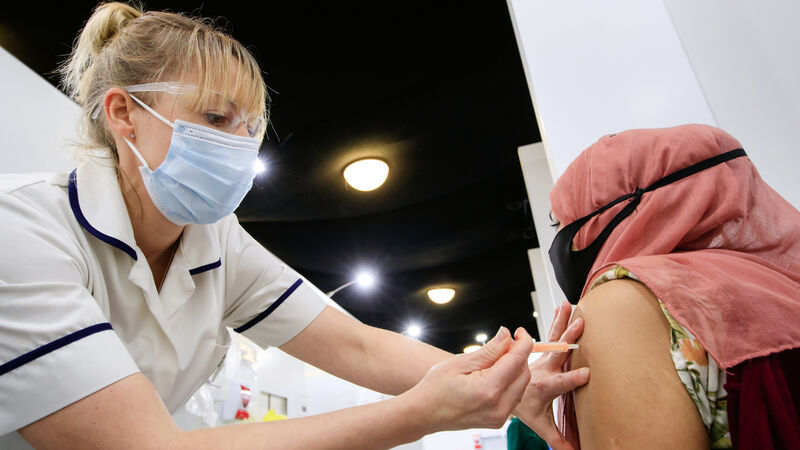Q&A: Who will be affected by the suspension of AstraZeneca?

Ireland’s National Immunisation Advisory Committee (NIAC) announced on Sunday morning that they will be “temporarily suspending” the administration of the AstraZeneca Covid-19 vaccine - but what does this mean for the country’s vaccination rollout programme?










